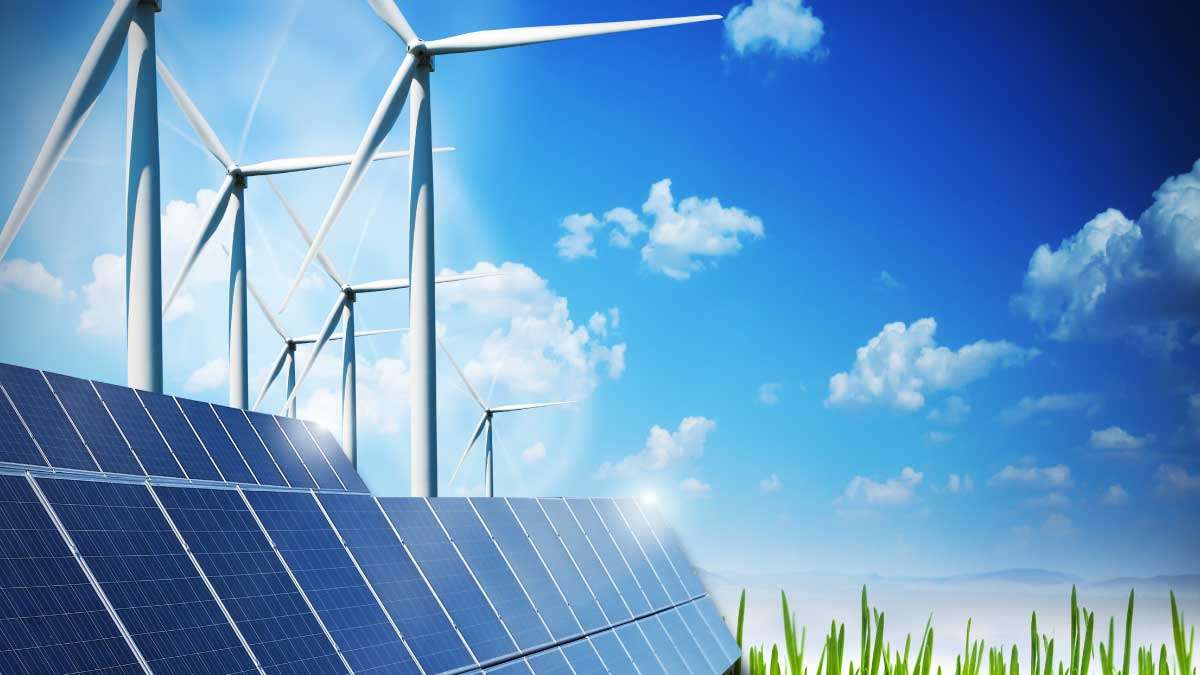
Expansion of Renewable Sector to Achieve Global Tripling Goal
The world is witnessing a remarkable growth of renewable energy sources, such as solar, wind, hydro, and biofuels, that are transforming the global energy landscape and paving the way for a low-carbon future. According to the latest report by the International Renewable Energy Agency (IRENA), renewable power capacity increased by 50% in 2023, reaching a total of 510 gigawatts (GW), which is the fastest growth rate in the past 2 decades.
This impressive expansion of renewable power is driven by several factors, such as the falling costs of technologies, the increasing awareness of the environmental and social benefits of clean energy, the supportive policies and regulations of governments, and the growing demand of consumers and businesses for green electricity. Moreover, the COVID-19 pandemic has also highlighted the resilience and flexibility of renewable energy systems, which have proven to be more reliable and cost-effective than fossil fuel-based power plants during the crisis.
The rapid growth of renewable power is also opening the door to achieving the ambitious goal of tripling the share of renewables in the global energy mix by 2030, which was set by the leaders of more than 190 countries at the 28th Conference of the Parties (COP28) to the United Nations Framework Convention on Climate Change (UNFCCC) in Dubai, UAE, in November 2023. This goal is in line with the Paris Agreement’s aim of limiting the global temperature rise to well below 2°C, preferably to 1.5°C, above pre-industrial levels by the end of the century.
To reach this goal, the world needs to accelerate the deployment of renewable energy across all sectors, including transport, heating, cooling, and industry, which currently rely heavily on fossil fuels. According to IRENA, the share of renewables in the total final energy consumption (TFEC) should increase to 77% by 2050, which would require an annual investment of trillions of dollars, or about 4.5% of the global GDP.
However, this investment would pay off in multiple ways, as it would not only reduce the greenhouse gas emissions by 70% by 2050, but also create more than 100 million jobs, boost the global GDP and save millions of lives by avoiding the air pollution and health impacts of fossil fuels. Moreover, the transition to renewable energy would also enhance the energy security, energy access, and energy justice of all countries, especially the developing and vulnerable ones, which are most affected by the climate change and the energy poverty.
Therefore, the massive expansion of renewable power is a clear sign of the global momentum towards a sustainable energy future, which is essential for achieving the global tripling goal set at COP28 and for fulfilling the 2030 Agenda for Sustainable Development. As the UN Secretary-General said at the COP28, “We need leaders to fire the starting gun at COP28 on a race to keep the 1.5 degree limit alive.”
